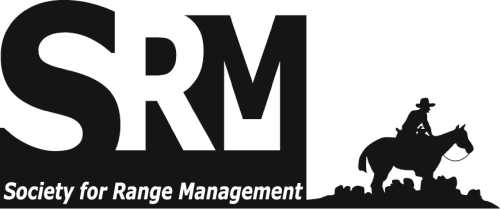On the Ground • When scientists or change agents engage other cultures to problem-solve, there is a high risk of miscommunication and project failure. • This process can be further crippled by traditionally rigid, top-down academic approaches that focus investigators on predefined issues lacking relevance to the top-priority concerns of local communities. • Participatory, adaptive methods of public engagement, in contrast, are now being increasingly used in such situations. They help researchers work more effectively by building more authentic partnerships with stakeholders so that real problems and sustainable solutions can be identified. • Such methods can also promote insightful, interdisciplinary science and more effective public service. The Rangelands archives are made available by the Society for Range Management and the University of Arizona Libraries. Contact lbry-journals@email.arizona.edu for further information. Migrated from OJS platform March 2020

Practical, non-technical peer-reviewed articles published by the Society for Range Management. Access articles on a rolling-window basis from vol 1, 1979 up to 3 years from the current year. More recent content is available by subscription from SRM.